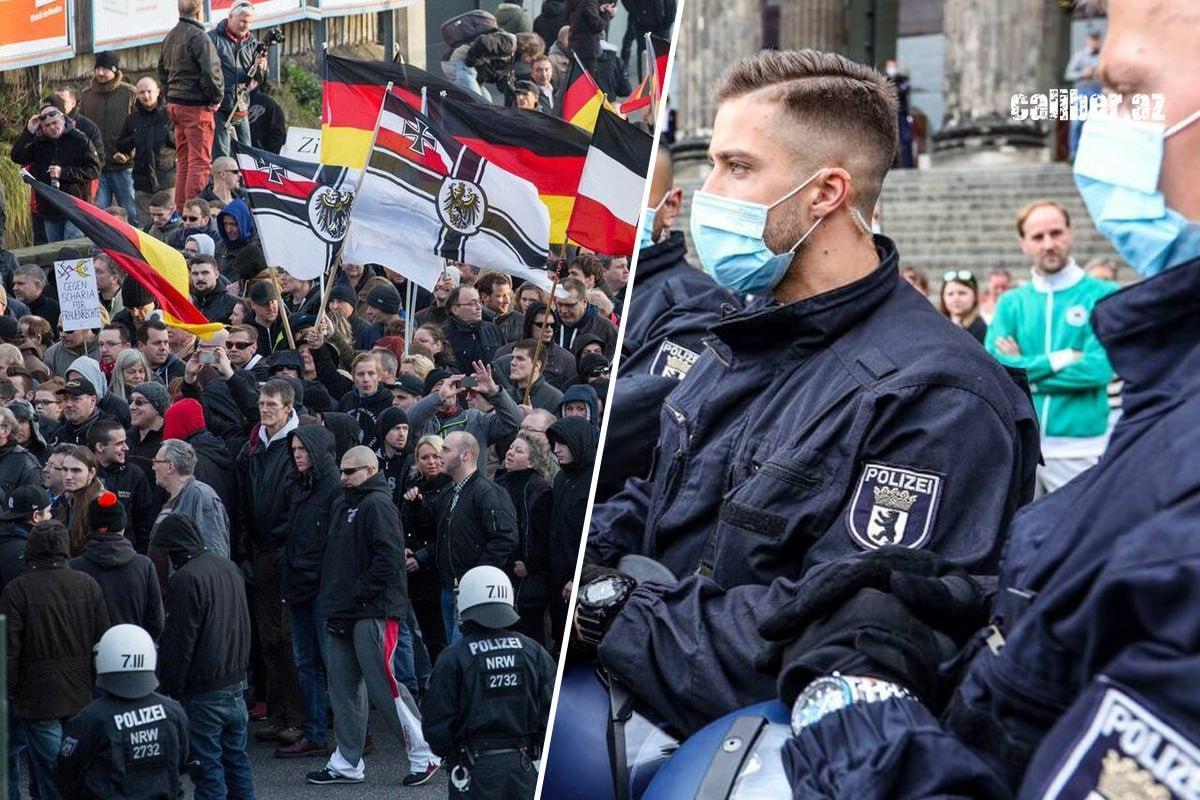European Parliament elections: Who does Ursula von der Leyen rely on? Frenzy engulfs the Old Continent
Nevertheless, the events unfolded as they did, and in their speeches, the leading candidates, while criticizing the far-right, spent a significant amount of time discussing the issue of cooperation with the ECR faction. This is not accidental, the current President of the European Commission, Ursula von der Leyen (European People's Party), considered the leader of the centre-right, is already almost openly declaring the possibility of a coalition with the ECR, primarily looking towards Italian Prime Minister Giorgia Meloni, who heads the Brothers of Italy party. Von der Leyen justifies this by citing Meloni's pro-European and anti-Putin stance. As she revealed directly during the debates, cooperation with certain political forces is only possible if they meet "three criteria: they must be pro-European, pro-Ukrainian (anti-Putin), and support the rule of law."
In response, Nicolas Schmit, referred to as the formal leader of the Social Democrats, equated the ECR with ID, stating that both factions "have nothing to do with democracy." Observers noted that the debaters focused less on their own visions for the future of Europe and more on the views of the far-right, and that only the main candidate from the far-left, Walter Baier, attempted to analyze the reasons behind the rising popularity of the far-right among the masses. Specifically, he criticized not the policy positions of the ECR and ID, but the approach of all other political parties towards social issues, including their failure to take necessary measures to ensure employment and create real conditions for citizens that could provide them with a "decent life." In his opinion, it is in this area that the far-right has "pulled ahead."
However, not all of von der Leyen's supporters are pleased with her wavering towards the far-right. For instance, German Chancellor Olaf Scholz stated that it is impossible "for the next President of the European Commission to seek support from far-right parties." Therefore, the EC should rely on the support of "traditional parties, as anything else would be a mistake for the future of Europe."

It is quite telling that amidst the debates, ID excluded all representatives of the Alternative for Germany (AfD) party from its ranks. This decision was triggered by a statement made by the main AfD candidate for the European Parliament elections, Maximilian Krah, who expressed that he did not consider it correct to "automatically" declare anyone wearing an SS uniform a criminal.
However, experts do not rule out that this move by ID could be a kind of strategic play, as by getting rid of a party that is odious to many, they might try to present their faction as appealing to centre-rightists. Other analysts believe the more likely reason for the exclusion of AfD from ID is the initial step towards a possible "consortium" of Marine Le Pen's National Rally and Meloni's Brothers of Italy. Interestingly, some observers predict that Viktor Orban's Fidesz party might also join this "conglomerate." But how willing is the Italian Prime Minister to closely cooperate with Fidesz, whose leader often takes pro-Russian positions?
Meanwhile, several media outlets have started to notice a shift in the rhetoric of the far-right as June 6 approaches, subtly altering their Eurosceptic tones. However, this is not attributed to a change in ideological stance, but rather to tactical considerations.
Additionally, it's worth noting that there is no shortage of discussions about specific candidates for various positions that will become "available" after the June European Parliament elections. For example, there is serious talk about the newly established position in the European Commission—Commissioner for Defense—potentially being filled by the current Polish Foreign Minister Radosław Sikorski. Previously, this area was combined with the EU's foreign policy line. Incidentally, some analysts suggest that the Estonian Prime Minister, Kaja Kallas, could replace Josep Borrell.
Thus, as June 2024 approaches, the excitement is intensifying within European societies. Europe has never been so attentive to the composition of the European Parliament. We only need to wait for the first ten days of the upcoming June to see what unfolds.
By Teymur Atayev
The views and opinions expressed by guest columnists in their op-eds may differ from and do not necessarily reflect the views of the editorial staff.








